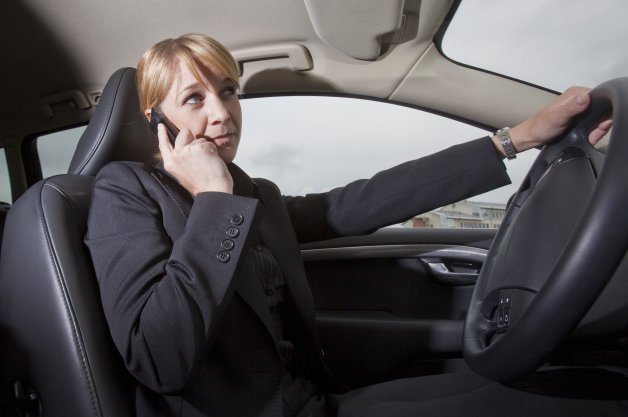New Study Finds Talking On Mobile Phones While Driving Doesn't Increase Crash Rates

Said one of the study's two authors, "Using a cell phone while driving may be distracting, but it does not lead to higher crash risk in the setting we examined."
That setting was from 2002 to 2005, before and after 9:00 PM, in the salad days when just about every carrier had a plan that offered free calls on nights after 9:00 PM and weekends. They found that even though call volume climbed more than seven percent after that hour, an examination of eight million crashes in nine states and fatal crashes nationwide showed that crashes didn't increase after that magical distracting hour. Nor did they find legislation banning cellphone use while driving to have any effect on decreasing crash rates.
One theory the researchers had for the contrary findings is that in real life, drivers might pay more attention to what they're doing when they're on the phone (or in a case we encounter often, simply slow down to a crawl), which they might not do in the lab. But there is precedent for questioning the body of driving-while-phoning research, with another study by Wayne State University in 2011 saying that crash risks had been overestimated in previous studies.
The study was only concerned with those drivers talking on cell phones, not those engaged in texting or using the Internet. Of all those other things one can do with a cellphone behind the wheel, a researcher said, "It is certainly possible that these activities pose a real hazard."
Related News


